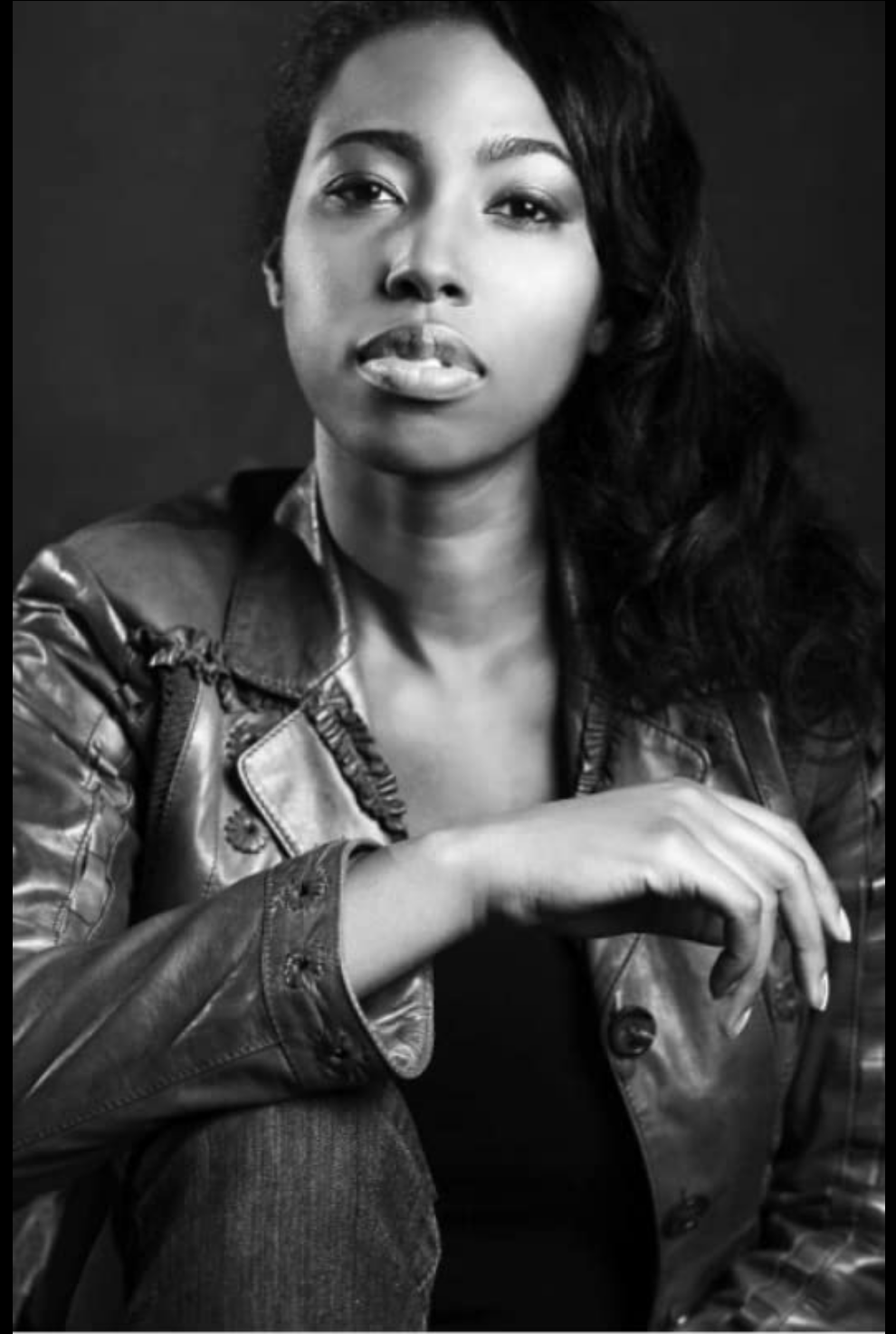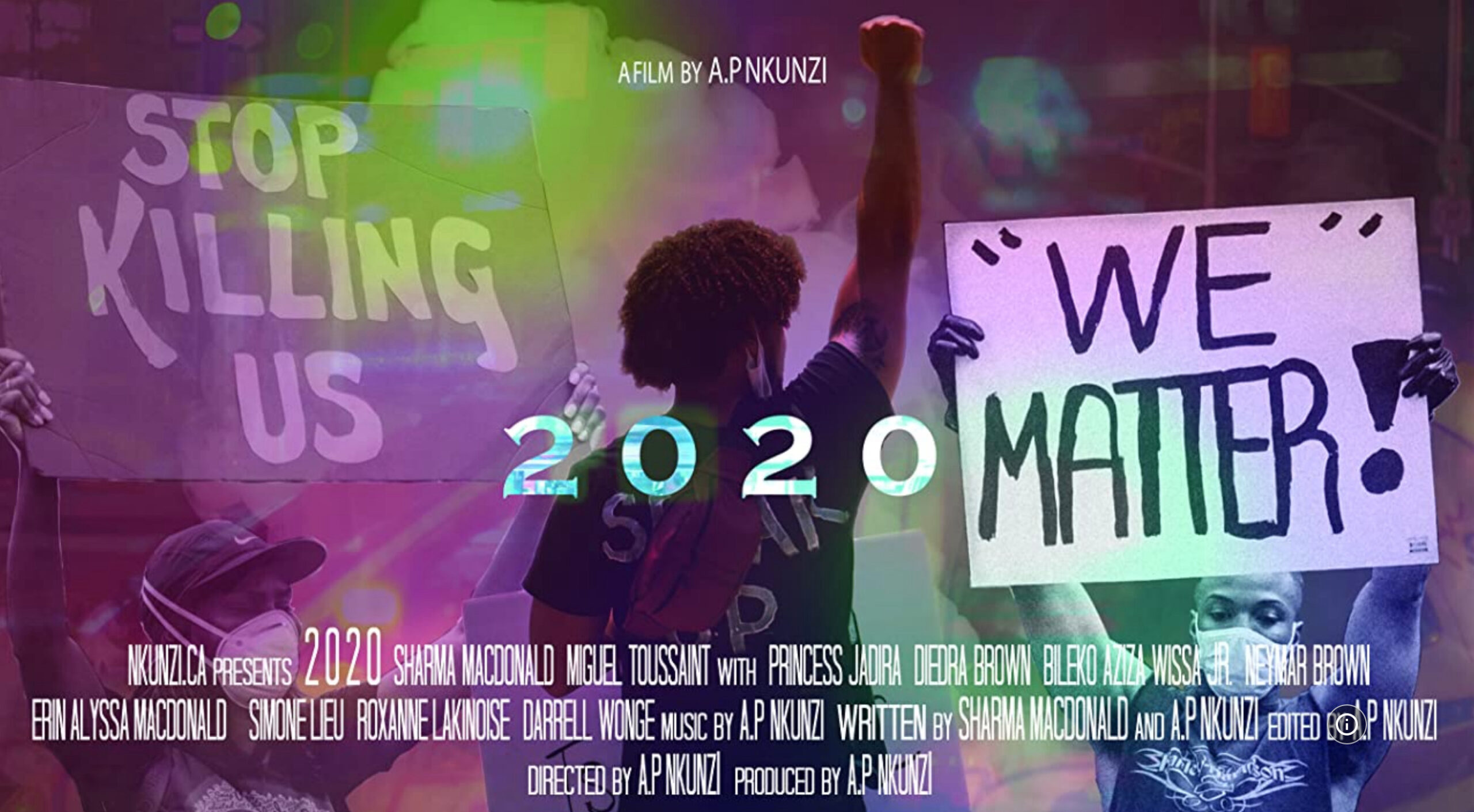There is very little doubt that 2020 will live on in history, much like a smoldering bog fire refusing to burn out. Largely, the ugly history will be remembered for the deaths from Covid-19, but it will also be remembered for the police brutality on the Black community and its population in the US and Canada. Racism should not be rising up in the face of a mass Covid pandemic, when we should all be working toward a cure… but it has and it still is. It will surpass the Covid vaccine largely because we don’t know how to cure it… yet. Black Lives Matter had amazing momentum in 2020, so let us continue the support, united for the greater good, a better future and a better example for our children.
I’m not Black and I won’t pretend to understand how racism feels. I know that it leaves scars though, emotional ones. Nobody should ever have to keep looking over their shoulder in fear of police when walking from school, from a friends home, a store?! My girlfriend is Asian, so I do know some personal stories from her and it always sickens me. I wasn’t raised racist and I’ve always had friends of all ethnicities. I don’t subscribe to singling out minorities, I embrace our differences and I wouldn’t want to live in a world without colour… we are a better and stronger society for it.
Sharma MacDonald is an award-winning Canadian actor/filmmaker with Jamaican parents. Her film 2020, was born out of the mental health situation and the very emotional events of 2020. Sharma believes there are two pandemics occurring and this film bravely and boldly exposes both. 2020 follows the success of MacDonald’s first short film No Way Out, which she also directed. 2020 tracks the life of a Black psychologist who is forced to confront her own suppressed emotions amid the rising tension. “2020” was an Official Selection at New York’s Kwanzaa Film Festival, Ritu Rangam Festival (India), Toronto Black Film Festival, and the Halifax Black Film Festival.
Sharma is a familiar face to Canadians and her television credits include host of ‘Urban Report’ on YES TV’s – Let’s Talk, National Geographic/Discovery Channel TV series ‘Breakout’ and CTV/NBC’s ‘Saving Hope.’ The always evolving Sharma has also brought her skills to the theatre – stepping onto the stage in Nora and Delia Ephron’s, Love, Loss and What I Wore.
I’ve had the unique privilege of watching this film after the interview, and it is brilliant. Sharma’s co-writer, DP and Director A.P. Nkunzi really has a trained eye for framing a scene and finding art in everything. There is a lot of graffiti depicting Black lives lost to police violence and although they’re no longer here, they live on in the street art. Sharma plays a psychologist in the film and the images, the lighting, the story all combine to showcase a gripping, 20-minute Canadian film that reflects how we are all feeling about the Covid pandemic while examining the other manmade pandemic, called racism.
She is amazingly talented and has an unforgettable smile. She was also my guest and we had a very insightful discussion about these two pandemics discussed in the film.
HNMAG “You were the host of Urban Report on YES TV’s Let’s Talk, National Geographic/Discovery Channel TV series Breakout and CTV/NBC’s , Saving Hope. What inspired you to start making films?”
SHARMA “Ever since I was younger, I’ve been interested in filmmaking and acting… but I never thought of it as a career. My parents wanted me to get an education, so I didn’t pursue the acting part of it. Once I had decided to give the acting 100 percent effort, is when the hosting opportunities started happening for me (laughing). It was funny how that all worked out. I then put 100 percent behind the hosting and went for it… but in the back of my mind, my number 1 love is acting. I love the hosting but I am trying to find a balance between the two. It’s sometimes difficult to do both.”
HNMAG “With your new film, 2020 it appears that you’ve been able to utilize film as a platform for a social message/statement.”
SHARMA “You’re so right, film and television does have the power to connect, which is why I’m drawn to it, as a whole. As an artist, I feel that it’s part of my duty to bring certain issues to light to keep the conversation going.”
HNMAG “How long is the film?”
SHARMA “It started out being only 5 mins when I was writing it… but we ended up writing it to 20 mins on purpose, to signify ‘2020’, we wanted to keep the year in mind and its longer than your average short film.”
HNMAG “At 20 mins, have you had any issues submitting it to festivals?”
SHARMA “We haven’t had any issues at all. It’s been to the New York City’s Kwanzaa Film Festival, The Ritu Rangam Festival (India), the Toronto Black Film Festival, and the Halifax Black Film Festival. We’re going to continue to keep it in the festival circuit and I’ve been so pleased with the reception its been getting. Sometimes you create a film as a way to express yourself but you also hope that it helps one person or one person enjoys it… but having it as widely received as it has, is so great.
HNMAG “Has the majority of your audience been Black or has it been mixed?”
SHARMA “I would say that the majority has been a black audience but I’ve also had non-Black audience members reach out to me to tell me how much they really enjoyed the film and how it helped them to understand. It’s not that people don’t want a change; they just don’t know how to go about collectively ending the war on racism. It really helped that it did have an impact on them and they’re more aware of what’s going on in the world right now.”
HNMAG “Was the intention of the film to spread awareness that the problem of racism hasn’t gone away?”
SHARMA “We (Co-director – A.P. NKUNZI) really wanted it to reflect how Black people were feeling as well as involve the Covid-19 pandemic. That part will resonate with everybody, we’re all going through it, we’re all going through lockdown. I believe the pandemic and the issue of race have impacted everyone in 2020.”

HNMAG “How long did it take you to co-write it and did you have to go through many revisions?”
SHARMA “It’s interesting, because I wrote it right after the George Floyd incident/murder. When the lockdown happened, it was mentally draining and then you have what’s going on in the Black community, with Ahmaud Arbery, Elijah McClain and Breonna Taylor, there was a lot to unpack and then the killing of George Floyd occurred – I just started writing. I didn’t know how else to express myself, but I realize now, that it’s through writing. There were a lot of tears, pain, disappointment and after writing… I looked at the pages and thought there might be an idea for a film. My film partner reached out to me the next day to tell me that he wanted to do something about everything going on, which is how we put the 2 together. I already had stuff written, so collectively we started working on it, revising it; I think we did 3-4 revisions on it… but just small ones, the bulk of it was there. We centred it more around my thoughts and feelings.”
HNMAG “Your short film 2020 tracks the life of a black psychologist who is forced to confront her own suppressed emotions. Is your character confronting racism or is it a combination of both?”
SHARMA “It was both issues. We chose our character to be a black psychologist because she’s used to helping others, but now she’s forced to look inside and help herself to cope with everything going on, which is why we chose her as a Black psychologist. Initially, it was about her helping other people deal with the pandemic… and then the issue of race comes in. She begins to have regressed memories of her Black childhood, growing up differently and not being accepted. It all comes to play in her mind and it’s a lot to deal with mentally – but she has to figure out how to cope with her own struggles.”
HNMAG “Is the doctor able to treat herself to cure the anxiety?”
SHARMA “The film is really more of a narration of my thoughts and feelings going on through the characters eyes and mind. She’s really telling a story but we don’t see her solving any of the issues. It’s an interesting dynamic going on – we see images of people on lockdown, we have a lot of artwork/murals of health care workers and nurses. We tie all these images together and I don’t want to give too much away, but we see her character as a mother, a wife and what she’s going through. There’s a scene where she’s parked and a police car pulls up behind her. We get to see her panic and her anxiety set in, even though she’s done nothing wrong. The police are behind you, how’s this going to end? We did some of those shots, but we also did some other shots of the male actor running – signifying the Ahmaud Arbery incident. We had to tie it all together but overall, it’s narrative based and the stories eventually connect at the end.”
HNMAG “Did you also direct this film?”
SHARMA “The cinematographer, A. P. NKUNZI directed it. We won an award for Best Cinematography at the Kwanzaa Film Festival. He worked very hard on this film, especially with the editing, the images. We had the idea of incorporating local artists from the Greater Toronto Area. We found a couple international and local artists to showcase their artwork because you don’t see it that often. It’s their way of expressing themselves and we really wanted to incorporate that as well.”
HNMAG “When did you shoot the film and how long did it take?”
SHARMA “I think it was June/July of 2020. It took approx. a month and a half with everything going on. We had to practice all the necessary pandemic protocols and we had to work with everyone’s schedules. In total, it took 1 ½ months to shoot, then we had time for editing.”

HNMAG “Were you able to tap into any financing for the film?”
SHARMA “Actually no, we didn’t. We didn’t really need to do that for this one and we never really intended to make the project in the beginning, but it all came together so quickly – we just wanted to get out there and shoot it. A.P. did all the editing and directing, I did some of the camera work as well, we had a few other camera operators – so it was a collective effort on everyone’s part. If we do turn it into a feature, then that’s another story (laughing).”
HNMAG “What part of the filmmaking process do you enjoy the most? Is it the acting, the writing or is it both?”
SHARMA “It’s both. I love acting and I’m an actor first and foremost, but to help me stay sane, I do a lot of writing and that develops into the creation of a film. Writing is my base and acting is my love. I’ve directed a short film before that was accepted into the Women’s Director International Film Festival. It was my first time writing and directing a short film. I do enjoy directing as well and it’s another role that I want to pursue more of in the future.”
HNMAG “I know that you had a part in the TV series, Saving Hope. Would you like to do more TV?”
SHARMA “That was a little while ago but television acting is my passion. I do love film, especially from a creative standpoint, but I’m definitely more of a television actor.”
HNMAG “Is there anymore TV coming up in the near future that we can see you in?”
SHARMA “I’m waiting to see what happens after the lockdown ends. I’m trying to write a television series, so we’ll see how that goes. It’s going to be about mental health and the demographic, the population. A colleague of mine is working with me on a dark comedy called, Mary. We were working on it before but we were shut down by the pandemic, so we’re hoping to start that back up in late 2021 or early 2022.”
HNMAG “Are you drawn to stories with a psychological flavour?”
SHARMA “I am. I wasn’t always drawn to it but as of lately, I realize how important mental health care is. Just the idea of reaching out to somebody else and having that human connection… and not feeling alone. It comes from my involvement in the community and doing a lot of great stuff, whether it’s at my church or even a local shelter. It’s always interesting to hear what someone is going through and the importance of having their story told.”
Sharma MacDonald is one incredible humanitarian with her finger on the pulse of social issues. She loves her community and she wants to continue writing and making films that evoke positive change. I’d buy a ticket to that everyday…

